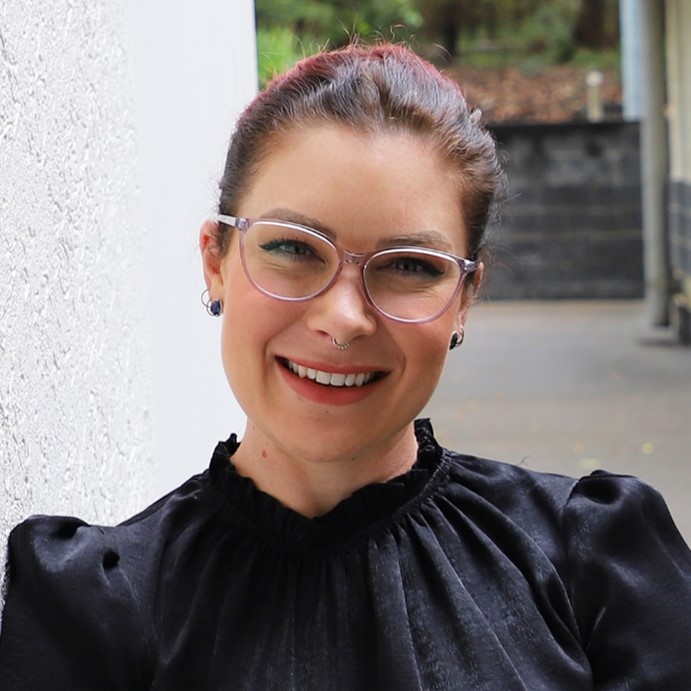Full course description
About this course
Course Snapshot
After completing this course, you will be able to:
· Demonstrate a working knowledge and understanding of the principles of social marketing
· Explain the benefits of Social Marketing in sustainable business practices
· Develop and implement sustainable business practices in your work using key methodologies from this course.
This course is structured into modules, covering:
Module 1: Introduction to Social Marketing – Thinking Like a Marketer
In this foundational module, you’ll explore what social marketing really is and what it is not. You’ll learn how to think like a social marketer by understanding what truly motivates people and how to place citizens at the centre of social change efforts. The focus is on empowering communities, fostering participation, and bringing people along with you through the social marketing process. This module lays the groundwork for creating inclusive, people-first programs that deliver impact.
Module 2: Tackling Complex Problems with Complex Solutions
Social issues are rarely simple, and neither are the solutions. In this module, you’ll dive into the complexity of behavioural challenges and learn how to approach them strategically. Through real-world case studies, you’ll examine how social marketing principles are applied to co-design programs with communities, rather than for them. This module highlights the importance of collaboration, adaptability, and systems thinking in driving meaningful change.
Module 3: Creating Win-Win Solutions Through Co-Creation
This final module brings everything together. You’ll explore the differences between expert-led and co-created approaches, and why mutual value is crucial to achieving sustainable impact. By developing innovative, win-win solutions, you’ll learn how to design programs that benefit individuals, communities, and the broader system. This is where you put your learning into practice, translating theory into action and designing your behaviour change intervention.
This course is designed for a broad audience seeking to drive meaningful, sustainable behavioural change through the lens of social marketing. It is ideally suited to:
- Griffith University students interested in developing practical, real-world skills in social marketing, sustainable tourism, and behaviour change theory.
- Griffith University staff across academic and professional services roles who are looking to deepen their understanding of social marketing and apply it to engagement, outreach, or program design.
- External organisations and industry partners involved in tourism, sustainability, community development, or behaviour change initiatives who wish to upskill their teams with evidence-based approaches.
- Community-based professionals and practitioners working in health, education, environmental conservation, or social services who want to enhance their impact through structured behaviour change strategies.
- Independent learners and professionals seeking professional development or a micro-credential to demonstrate expertise in social marketing and responsible tourism.
Whether you're designing programs, delivering services, or influencing change in policy, this course offers practical tools and insights to build programs that work for people, places, and the planet. No prerequisites needed for the course.
Each participant who finishes the course and receives 80% or more on the final quiz will receive a micro-credential badge.
This is a self-paced learning course with three modules. The modules are presented through a narrated PowerPoint that offers an in-depth discussion of the assigned chapters, along with detailed descriptions and case studies that complement the Social Marketing framework.
 Dr Jessica Harris is an Aboriginal researcher, lecturer, and behavioural change specialist with expertise in Indigenous engagement, social marketing, and systems-based program design. She leads national and international projects focused on creating impactful, community-led solutions, most recently in the areas of youth sexual violence prevention, Indigenous employment, and sustainable tourism.
Dr Jessica Harris is an Aboriginal researcher, lecturer, and behavioural change specialist with expertise in Indigenous engagement, social marketing, and systems-based program design. She leads national and international projects focused on creating impactful, community-led solutions, most recently in the areas of youth sexual violence prevention, Indigenous employment, and sustainable tourism.
Dr Harris has contributed to tourism initiatives that embed social marketing principles to promote responsible travel, support local economies, and protect cultural and natural heritage. Her work bridges behavioural science and community knowledge to design tourism programs that deliver mutual value for both visitors and host communities. She has collaborated with local governments, NGOs, and Indigenous businesses to build culturally safe, sustainable tourism strategies.
A recipient of the 2024 Indigenous ARC and multiple academic excellence awards, Dr Harris brings a unique combination of cultural insight, academic rigour, and practical experience to her work. Her approach centres on empowerment, co-creation, and long-term impact.

